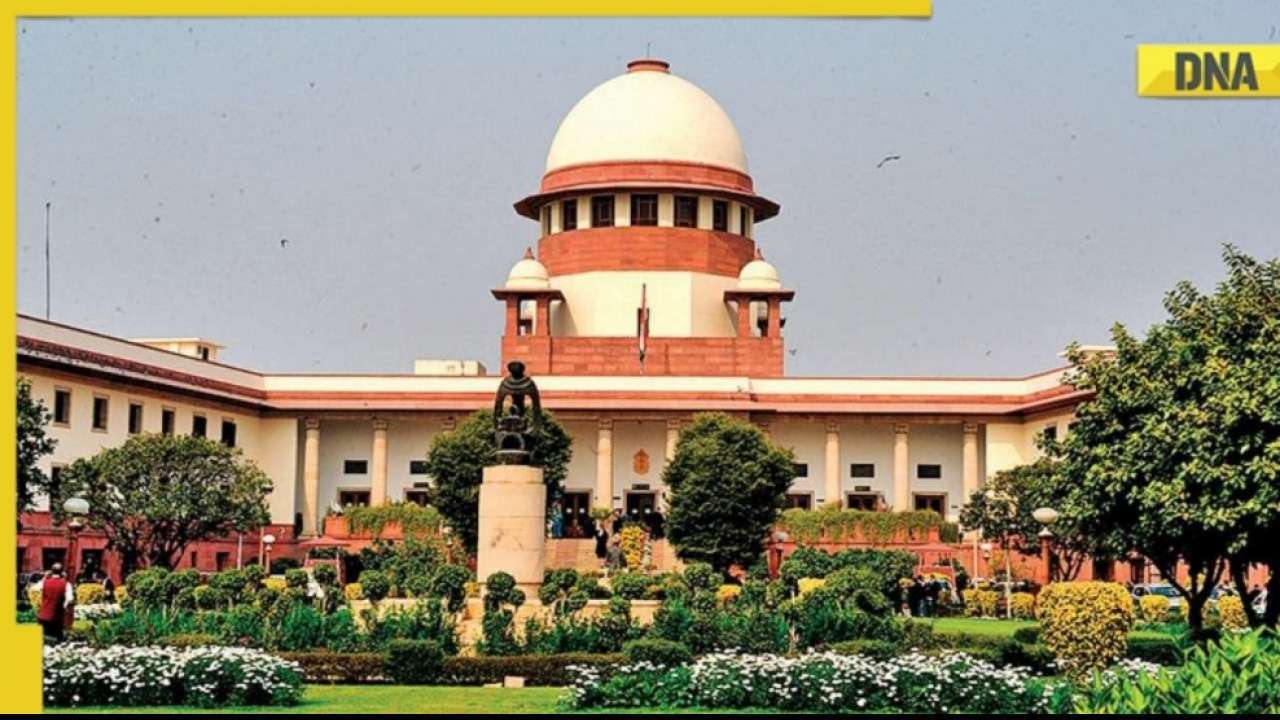
The Supreme Court is scheduled to take up on Tuesday petitions challenging the Constitutional validity of the Places of Worship Act, 1991.
On September 9, a bench president over by Chief Justice of India U U Lalit had said that the matter is suitable to be heard by a bench of three judges of the Supreme Court. It also gave the Centre two weeks’ time to file its response.
The court also allowed intervention applications filed by various parties including the representatives of the royal family of Kashi and the Jamiat Ulema-I-Hind “considering the nature of controversy and questions involved”, and asked them to file their written statements in the matter.
The top court, on March 12, last year, had sought the Centre's response to one of the pleas filed by lawyer Ashwini Upadhyay challenging the validity of certain provisions of the law which provides maintaining the status quo with regard to ownership and the character of religious places as prevailing on August 15, 1947.
The petition alleged that the 1991 law creates an "arbitrary and irrational retrospective cut-off date" of August 15, 1947 for maintaining the character of the places of worship or pilgrimage against encroachment done by "fundamentalist-barbaric invaders and law-breakers".
The petitioners who have challenged the Act said that the basic thrust of their argument is that it takes away the right of judicial review, which is a basic feature of the Constitution as held by the Supreme Court in a July 1980 judgment in the case Minerva Mills Ltd. & Ors vs Union Of India & Ors.
BJP leader Subramaniam Swamy who has filed a petition on the issue said his prayer is to read down the Act, so that along with Ramjanmabhoomi, Kashi Vishwanath temple and Mathura temple matters are also taken together and included in the exemption under the Act.
Last week, the All India Muslim Personal Law Board (AIMPLB) submitted a fresh plea urging the top court to not interfere with the 1991 Act, citing disturbances in the law and order situation.
AIMPLB, in its plea, quoted the finding of Srikrishna Commission set up to enquire into the causes of the riots in Mumbai in December 1992 and January 1993 and the causes of the serial bomb blasts that occurred in March 1993. "The unequivocal finding of the Commission is that the December 1992 riots were due to the hurt feeling that the Muslims felt by the shameful act of demolition of Babri Masjid on 6 December 1992 which were followed till January 1993," it said.
The plea contended that while dealing with the causes of the bomb blasts that occurred in Mumbai, the commission unequivocally found that had there been no riots in December 1992-January 1993 in Mumbai, there would not have been the bomb blasts in March 1993 and unequivocally held that there is a causal connection between the riots of December 1992-January 1993 and the bomb blasts of March 1993.